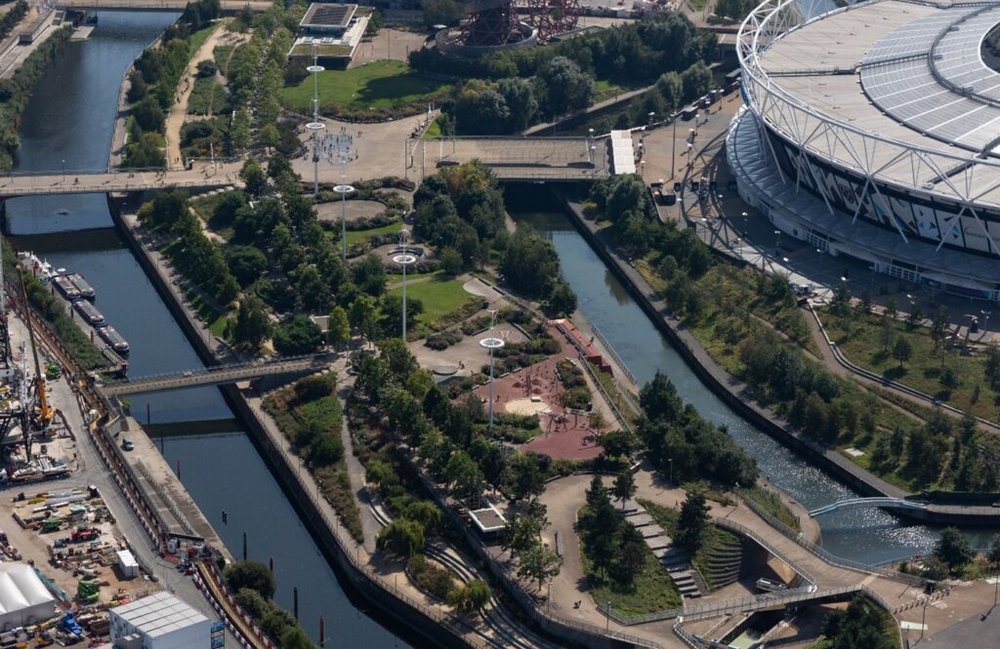
Photo: Queen Elizabeth Olympic Park in East London
New initiative for data-sharing launched in London
22 February 2023
by Sarah Wray

Photo: Queen Elizabeth Olympic Park in East London
22 February 2023
by Sarah Wray
A three-month advanced data-sharing trial is underway in East London.
Start-up Urban Data Collective is working with the SHIFT innovation district based at Queen Elizabeth Olympic Park to demonstrate the concept of an ‘urban data commons', where data from public and private sources, including real-time data, is pooled and used in agreed ways to tackle challenges.
Urban Data Collective’s Urban Data Exchange platform provides a ‘sharing layer’ where live data from sensors, buildings and other smart infrastructure around Queen Elizabeth Olympic Park is made accessible in a harmonised way for further innovation.
Organisations taking part in the trial include UCL university, sensor provi...
Unregistered users have limited access to our stories. Register for free now to enjoy Cities Today without restrictions.
Already a subscriber?
| Cookie | Duration | Description |
|---|---|---|
| cookielawinfo-checbox-analytics | 11 months | This cookie is set by GDPR Cookie Consent plugin. The cookie is used to store the user consent for the cookies in the category "Analytics". |
| cookielawinfo-checbox-functional | 11 months | The cookie is set by GDPR cookie consent to record the user consent for the cookies in the category "Functional". |
| cookielawinfo-checbox-others | 11 months | This cookie is set by GDPR Cookie Consent plugin. The cookie is used to store the user consent for the cookies in the category "Other. |
| cookielawinfo-checkbox-necessary | 11 months | This cookie is set by GDPR Cookie Consent plugin. The cookies is used to store the user consent for the cookies in the category "Necessary". |
| cookielawinfo-checkbox-performance | 11 months | This cookie is set by GDPR Cookie Consent plugin. The cookie is used to store the user consent for the cookies in the category "Performance". |
| viewed_cookie_policy | 11 months | The cookie is set by the GDPR Cookie Consent plugin and is used to store whether or not user has consented to the use of cookies. It does not store any personal data. |
You have reached the limit for the basic subscription. Please upgrade to Premium to download more
You have reached the limit for the basic subscription. Please upgrade to Premium to save more

